The extent of my knowledge of my birth story is that I was born in Nanjing, China. When I was younger this one-sentence story was
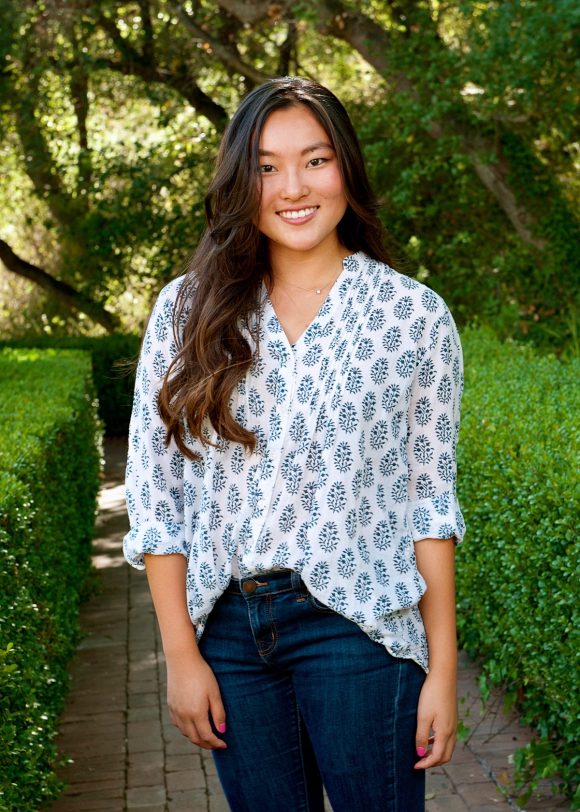
Liza Wong ’19
enough for me. It was a black-and-white fact. As I have grown older, and now am in my first year at Chapman University, I can’t help but question my past and want to know my whole story. It’s as though I am entering the middle of a book; the story is far from over, yet somehow the beginning has been ripped out. I’ve been told that during my first weeks of life I was found near a Nanjing police station, wrapped in layers of clothing with a slip of paper tucked inside stating only my birth date. I was taken to an orphanage in Gaoyou province and lived there for nine months before being adopted by an American family. At that time, China had a one-child policy that tragically forced mothers to abandon their infant girls in secrecy. We were ironically known as the “lucky girls.”
A year or so ago, during my AP psychology class in high school, we questioned to what extent our personality is genetically inherited (nature) or is formed by our upbringing (nurture). I found this highly debated topic personally intriguing, because it reminded me of all the times I’ve filled out medical history forms in the doctor’s office not with checks but with a column of question marks, because I’m a “lucky girl.”
Studies have shown that adopted children exhibit more traits of their biological parents than their adopted ones. Of course, I have inherited the DNA of my birth parents, but how could I compare myself to them in any other aspect, when I have never met them? I was adopted without any family medical history or even a name. I tried to fill that void by expressing my feelings through visual art and poetry and immersing myself in Chinese culture. My surname is Wong, but we’re not the typical Chinese-American family. My father is Chinese and West Indian, while my mother is of Irish and English descent. Growing up I was frequently asked why I didn’t look like my younger brother – the biological child of my parents. But if you looked at our family pictures, you’d wonder if any of us were related. In fact, when I was younger some people thought my mother was my nanny.
We are a half- heated melting pot. I’ve never felt like an out- sider because despite our vast differences, my family is inextricably unified. My mother and father are enthusiastic, open-hearted, kind, hardworking and loyal, and I strive to adopt their traits. My parents, teachers and friends have always encouraged me to explore and develop all of my interests. Mandarin Chinese is my most challenging course, but I’m determined to eventually become fluent both to create stronger connections to my origins and greater opportunities to work internationally. After my first year of Mandarin, I toured China on a summer language program. We never visited Nanjing, so I discarded all notions of running into imagined relatives, but I still gained profound insights and dis- covered things that I can only now describe as innate. My China trip cemented my desire to return someday to study or work and reinforced my awareness that I am genuinely American.
I have come to believe that weighing nature versus nurture, in my case, is largely irrelevant. Whatever start I had, whatever advantages or gifts I have, whatever challenges I may face, ultimately I alone control my attitude toward my experiences, and I will determine what I make of my life. In retrospect, they were right all along: I am a lucky girl.
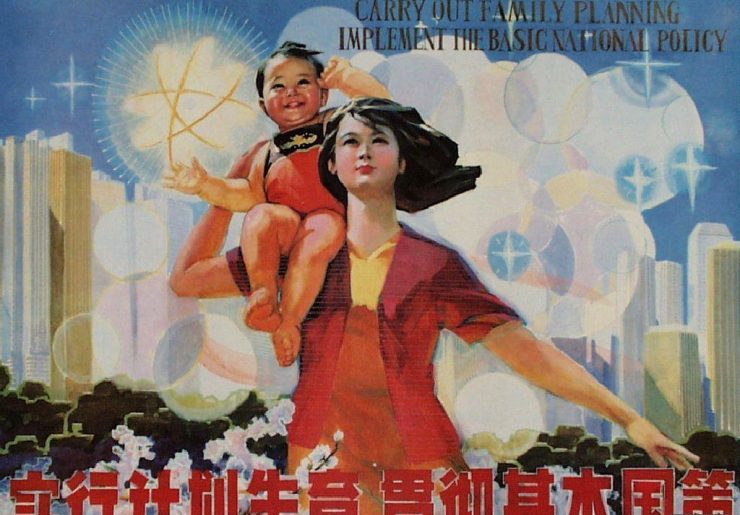
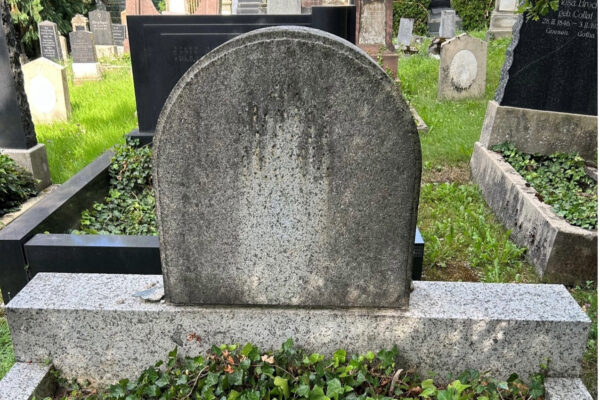
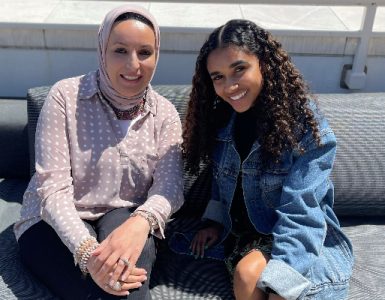
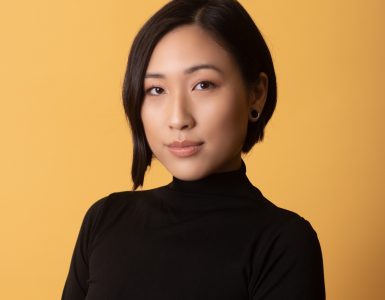

Add comment